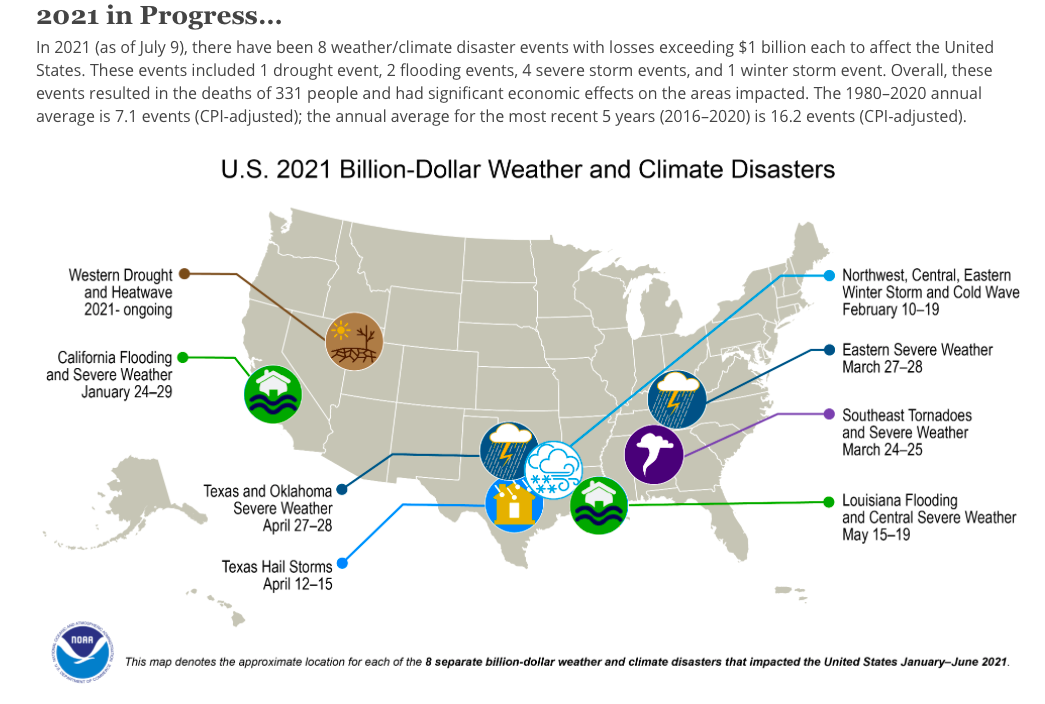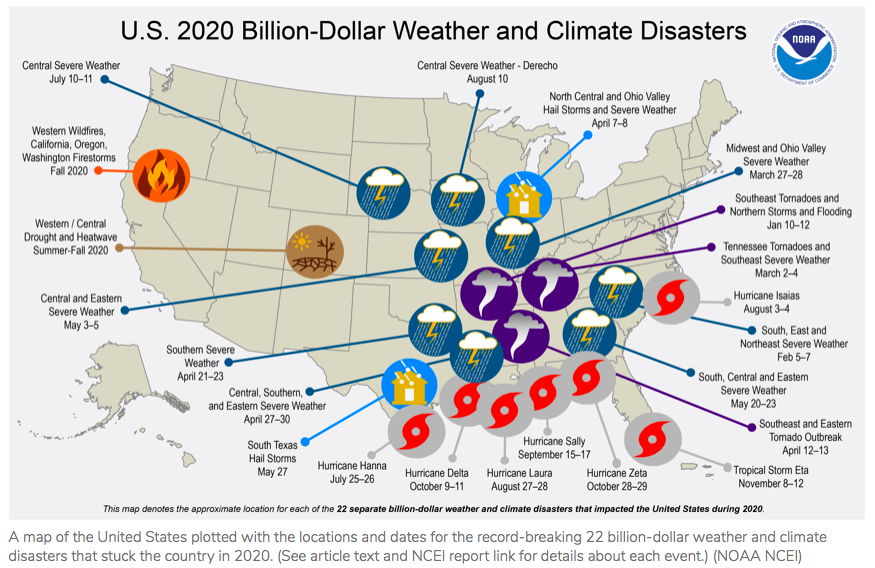From Drought and Derecho Damage, to Losses from Record Cold Temps, $8.5B Disaster Aid Bill Passes House Ag Committee
AgDay 07/28/21 - WHIP+ House Ag Committee
From drought to derecho, losses from so called “billion-dollar disasters” are adding up for agriculture, and more relief is in sight.
The House Agriculture Committee approved the reauthorization of Wildfire and Hurricane Indemnity Program Plus (WHIP+), but with added coverage for weather events, crop and ag product losses. If signed, the $8.5 billion bill will cover 2020 and 2021 disasters, as well as making it easier for farmers to qualify for drought loss, with a D2 drought designation needed in the county, instead of D3 and D4 as required in previous WHIP and WHIP+ programs.
House Agriculture Committee Chairman David Scott (D-Georgia) opened the hearing by highlighting not only the devastation many of these events cause for farmers and ranchers, but also how long it takes farmers to see funding to help cover those losses, with Scott pointing out some farmers are forced to wait years after disaster strikes to see the financial help.
According to Farm Journal Washington correspondent Jim Wiesemeyer, the WHIP+ legislation is expected to be tied to a “must-pass” bill later this year.
Disasters Covered in WHIP+
What weather events will the expanded program cover? Wiesemeyer says it covers losses from drought, high winds, excessive heat and polar vortexes, weather causing power outages, losses to wine grapes impacted by smoke, and will also allow direct payments to sugar and dairy cooperatives for losses, including milk dumping, that affect an entire co-op.
During the first six months of 2021, NOAA says the U.S. experienced 8 weather and climate related disasters that had losses above $1 billion. That includes the ongoing drought and heatwave in the West and the record cold blast that hit in early February.

Those disasters are in addition to the record number of weather related disasters that hit the U.S. in 2020, with 22 disasters totaling more than $1 billion in losses. Seven of those were tropical storms and hurricanes.

Derecho Damage
The changes to WHIP+ mean farmers and producers impacted by the 2020 derecho can also receive coverage now. Just over a year ago, the derecho blasted across the Midwest. The August derecho started in South Dakota, and lost steam in Ohio. In a 14-hour window, 770 miles of the Midwest was impacted, with Iowa hardest hit, as winds topped 100 miles per hour.
Along with demolishing infrastructure, the derecho did severe damage to agriculture, with farm fields flattened weeks before hardest. In total, NOAA estimated the damage cost $7.5 billion.
Congress, Industry Responds to Legislation
“Last year, Iowans learned the name of a new kind of threat to our communities: the derecho. In a matter of minutes, extreme winds tore through our state – devastating our communities and damaging hundreds of thousands of acres of crops just before harvest,” says Rep. Cindy Axne (R-IA). “Iowans have been resilient in rebuilding after that terrible day – and I’ve been working in Washington ever since to ensure that our federal disaster programs are in place to make our communities, families, and farmers whole again. This bill that we passed today is long overdue, and includes the changes I’ve been pushing for. I’m pleased to see bipartisan support for this key step to helping those still needing assistance and protecting our communities from future disasters.”
More recently, record-breaking cold temperatures shuttered everything from feedyards to packing plants. The February freeze caused extreme cold temperatures from Texas to North Dakota. Losses from that event, along with the drought still plaguing the Plains and West, would also be covered with the new WHIP+.
“We are extremely grateful to see the House Agriculture Committee working in a bipartisan effort to provide essential support to not only sorghum producers, but all of America’s farmers and ranchers who have been detrimentally affected by natural disasters,” says National Sorghum Producers Chairman Kody Carson, a sorghum farmer from Olton, Tex. “Sorghum producers had a challenging 2020 dealing with severe drought on the High Plains that crept into 2021. Currently, in a disaster that is still developing, farmers in South Texas and the Gulf Coast are struggling to get their crop out and salvage its value given torrential rains. The extension of WHIP+ into 2020 and 2021 improves upon the existing program and will offer much needed assistance during a particularly challenging, high cost and high stakes time for agriculture. We commend the members of the committee for recognizing the needs of producers and expediting this much needed legislation, and NSP is committed to providing support throughout the process.”
Wiesemeyer says the bill could also come with payment caps for producers. He says payment caps would generally be limited to $250,000 per person, but payments for high-value specialty crops would be capped at $900,000.







